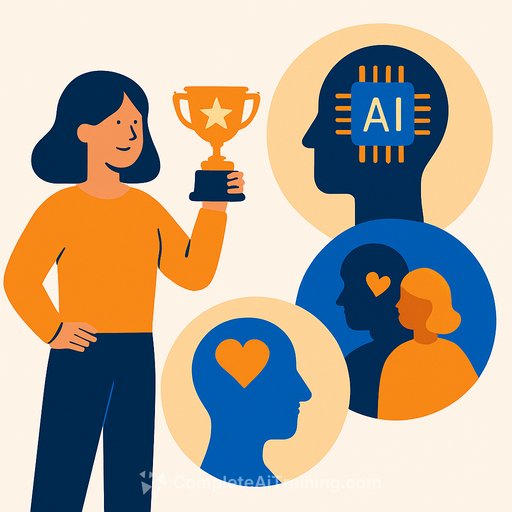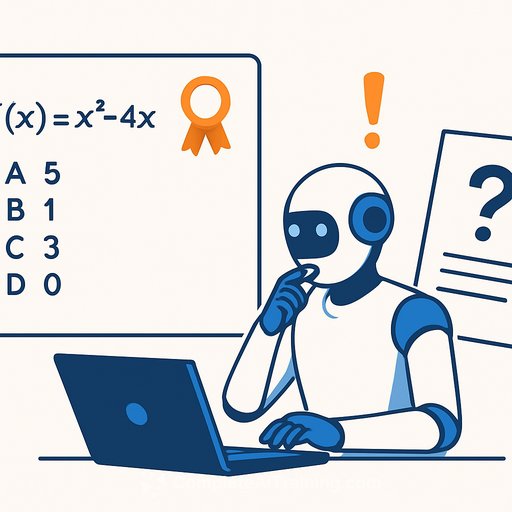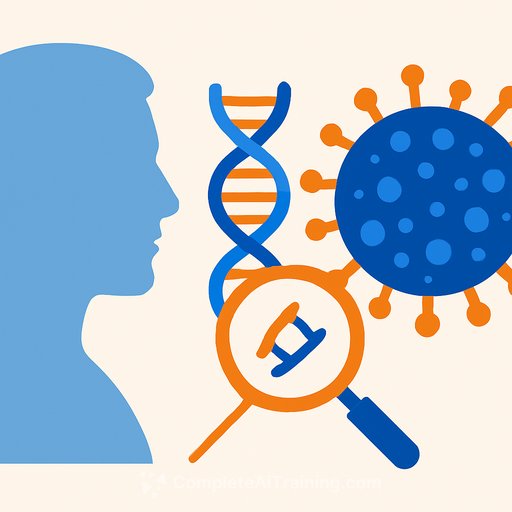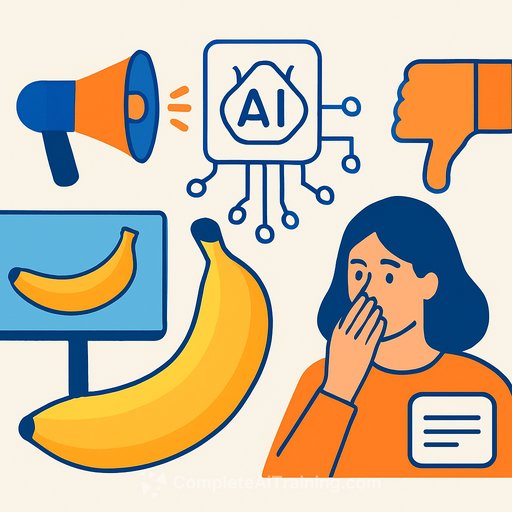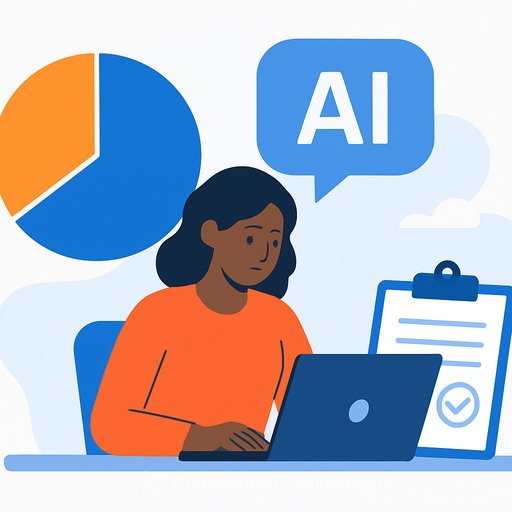Dedicated to AI Studies and Research: TRENDS Announces Winners of the Second TRENDS Hub Scientific Research Award
Date: 14 Sep 2025
"The award has gone beyond traditional competition to become a successful investment in intellectual capital. TRENDS Hub Award has inspired researchers to explore the latest AI developments." - Dr. Mohammed Al-Ali
Why this matters
TRENDS Research & Advisory honored three winning studies from 82 submissions in its second TRENDS Hub Scientific Research Award, focused entirely on AI and its applications. The advisory committee evaluated work on significance, methodological strength, and real-world impact.
The award reinforces innovation, academic excellence, and researcher empowerment across regional and international communities. It signals clear priorities: ethical design, measurable outcomes, and solutions that serve public interest.
Winners and research themes
- 1st Place - Shawkat Barakat: "A Comparative Analysis of Algorithmic Personalization Using Ethical and Unethical AI: Impacts on Filter Bubbles and Critical Thinking Among Arab Youth Across Cultural Contexts." Prize: $5,000.
- 2nd Place - Dr. Iman bint Ali Al-Mohammadi: "The Use of AI Technologies to Detect Suicidal Ideation in Online Communities." Prize: $3,000.
- 3rd Place - Iman Al-Mutawa: "Towards an AI-Based Educational Model for Integrating Students with Special Needs into Mainstream Education." Prize: $2,000.
Winners receive certificates, publication across TRENDS' digital platforms and social channels, eligibility to apply for a TRENDS research fellowship, and priority access to the center's training programs.
Leadership insights
Dr. Mohammed Abdullah Al-Ali emphasized that AI now anchors economic growth, sustainable development, and digital transformation. "The award has gone beyond traditional competition to become an investment in intellectual capital and a practical step toward building a knowledge-based economy."
He noted that dedicating this edition to AI raised the quality and depth of submissions, encouraged knowledge exchange, and surfaced promising talent ready to lead future inquiry.
A knowledge incubator for actionable science
Fahad Al-Mahri described the award as a "knowledge incubator" connecting forward-looking thinkers in AI. The winning projects span critical areas: algorithmic ethics and youth critical thinking, AI for suicide risk detection in online spaces, and inclusive education models for learners with special needs.
The outcome aligns with the award's core goals: foster academic excellence, serve communities, and support sustainable development through practical, research-backed solutions.
What this signals for your next study
- Ethics moves the needle: Rigorous analysis of personalization, bias, and cultural context is not optional-it's central to impact.
- Mental health applications demand care: Pair technical performance with privacy, data governance, and clinical validation. See guidance from the WHO on suicide prevention.
- Inclusion as a measurable outcome: Education-focused AI should improve access, learning gains, and classroom integration for students with special needs.
- Methodology first: Transparent datasets, reproducible code, and mixed-methods validation strengthen review outcomes.
- Policy relevance: Align to established frameworks such as the OECD AI Principles to show societal value and responsible practice.
If you plan to submit in the next cycle
- Define a clear, high-stakes problem and a testable hypothesis.
- Demonstrate measurable outcomes, not just theoretical promise.
- Address privacy, bias, and fairness with documented protocols and audits.
- Publish code and evaluation pipelines for reproducibility where feasible.
- Consider cross-cultural validity and stakeholder collaboration from day one.
Skill-building for research teams
For structured upskilling in AI methods, coursework, and certifications relevant to research roles, explore AI courses by job.
Your membership also unlocks:

